Delhi NCR, a bustling metropolitan region in India, is notorious for its alarming levels of air pollution. With industrialization, vehicular emissions, construction activities, and crop burning in Haryana and Punjab, the air quality in the region often plummets to hazardous levels. This dire situation poses a significant threat to public health, particularly eye health. In this article, we will discuss the impact of high pollution on eye health and provide practical tips for eye care in Delhi NCR's polluted environment.
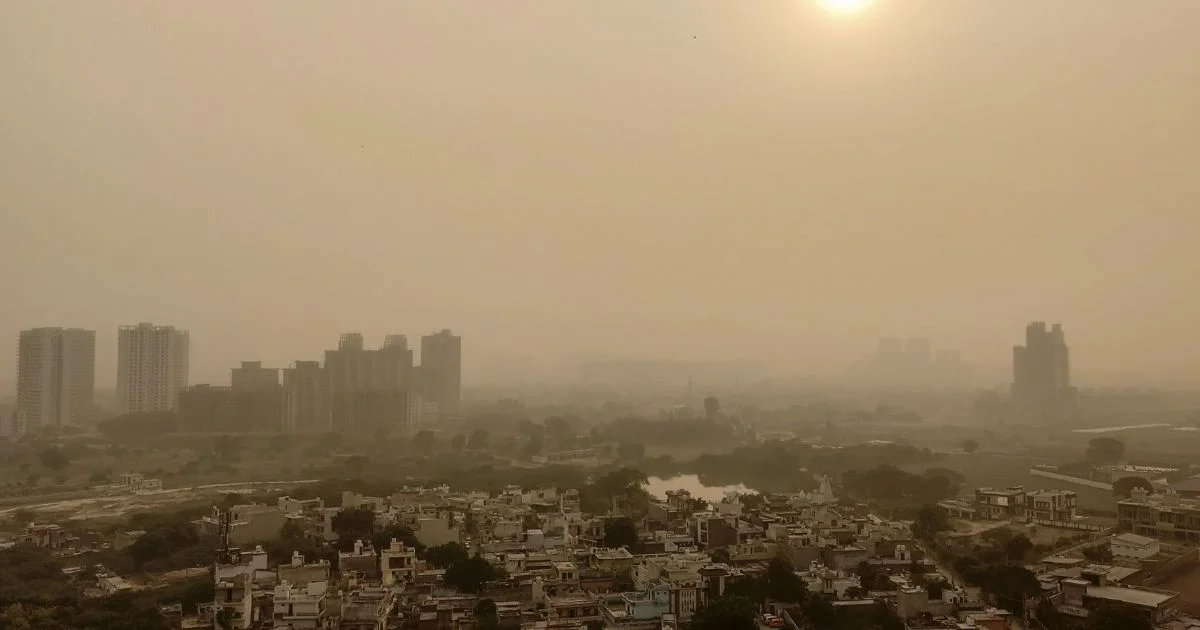
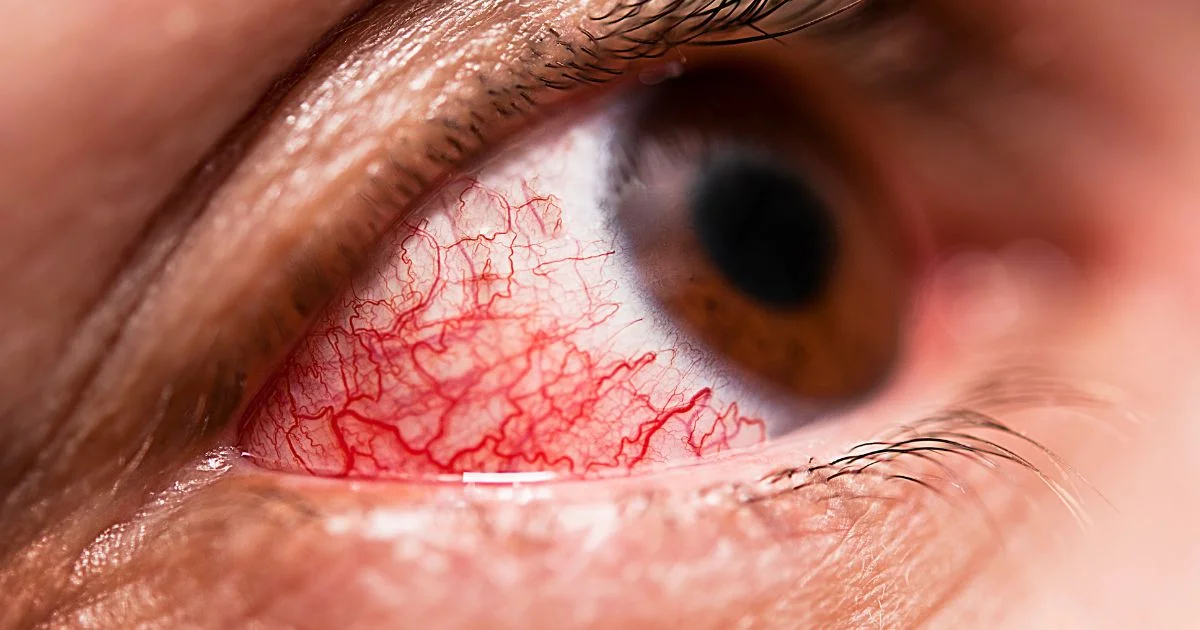
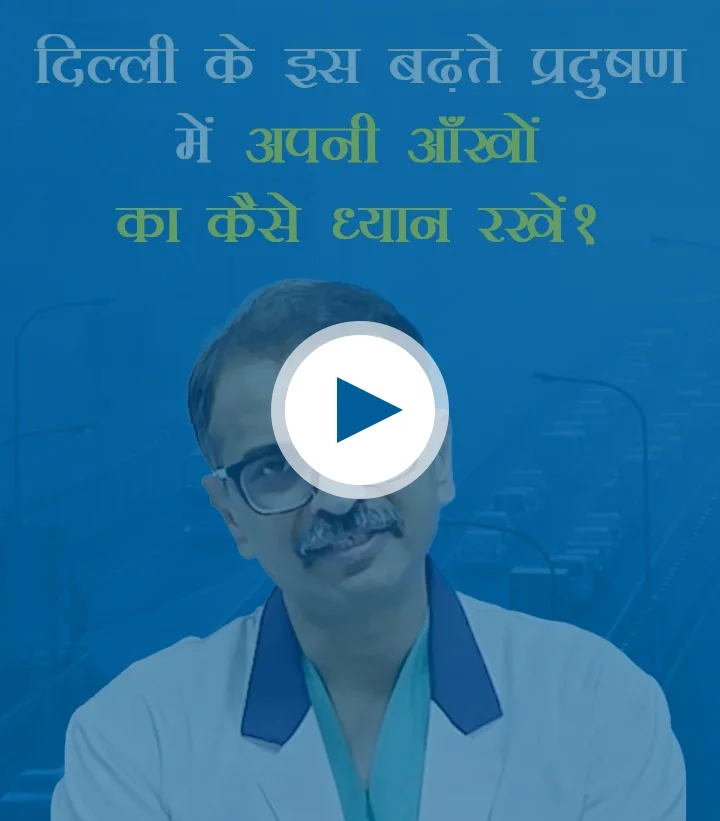
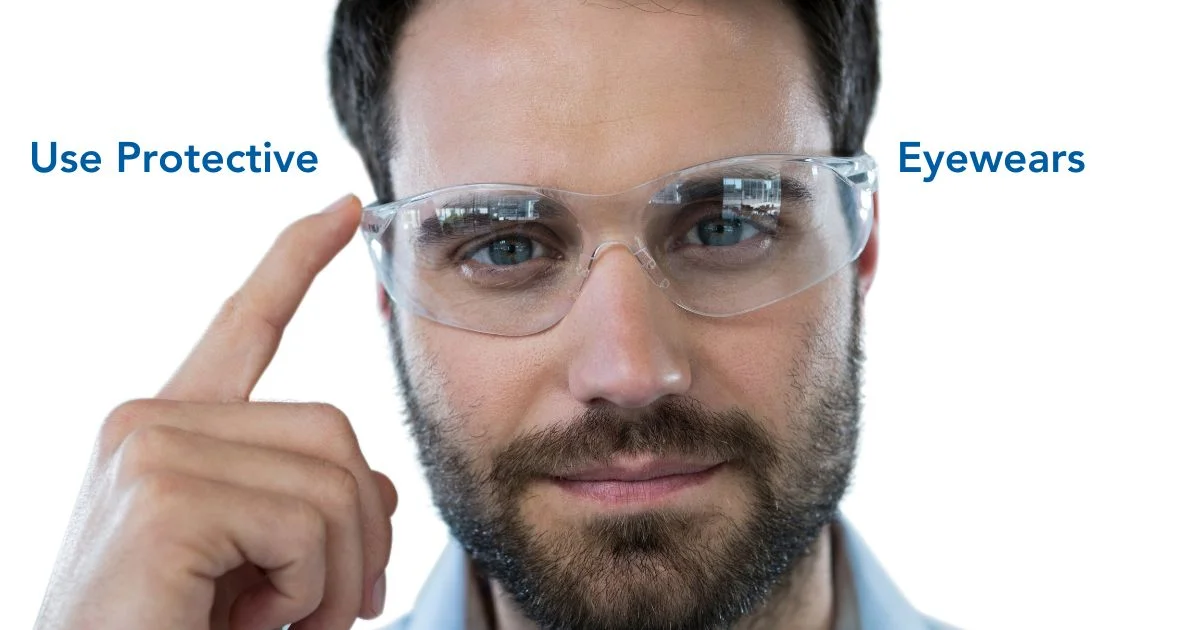
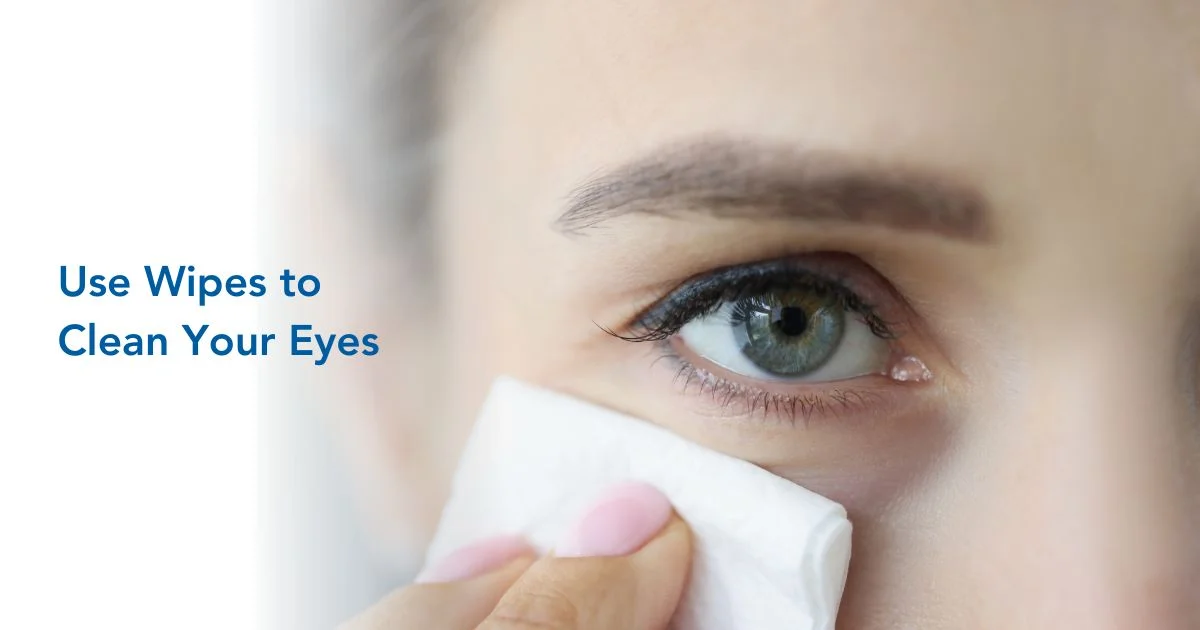
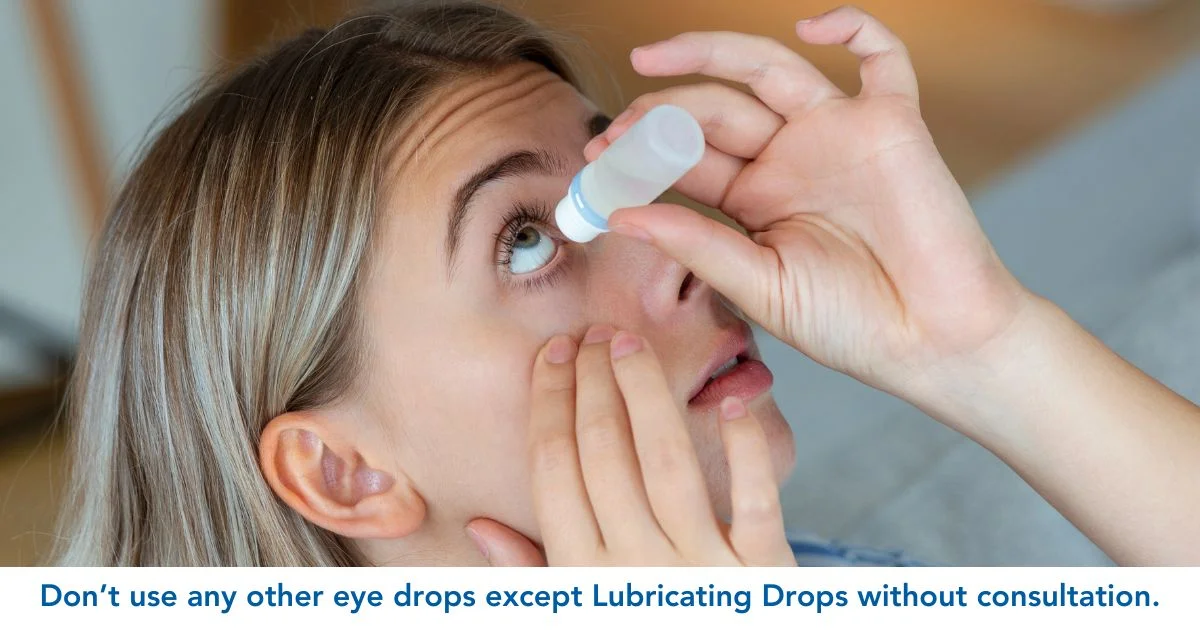
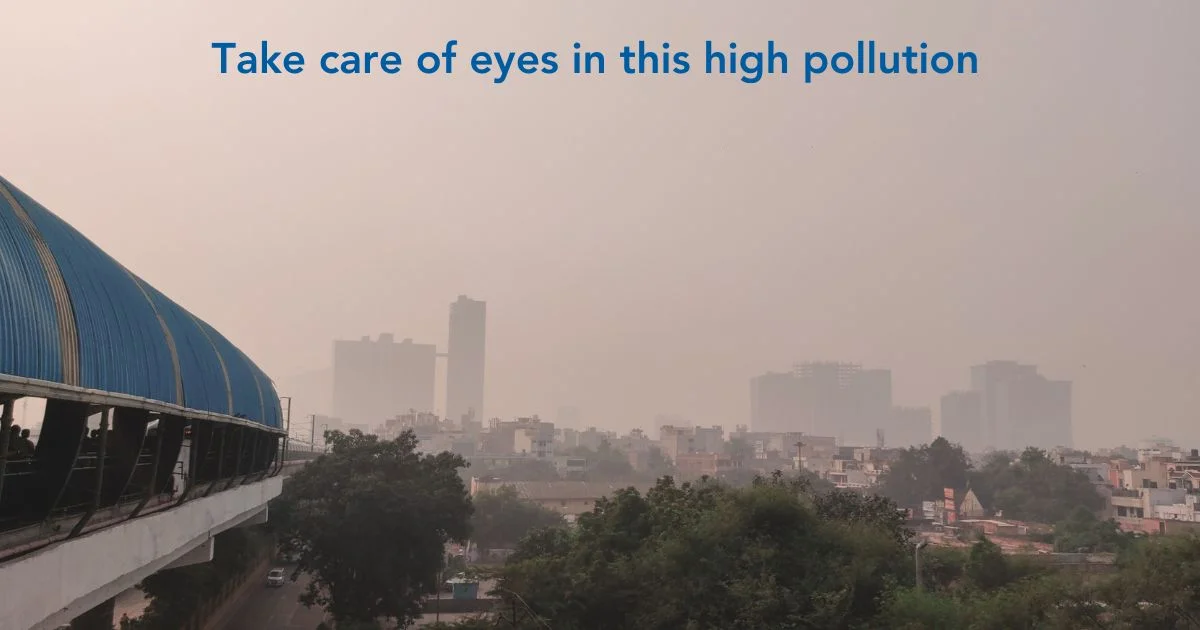
High pollution levels in Delhi NCR pose a significant threat to eye health. Understanding the impact of pollution on the eyes and following practical eye care tips above mentioned can help minimize the risks associated with living in such an environment.
By taking proactive measures, individuals can protect their eyes and maintain good visual health despite the challenges posed by pollution in the region. If still, you face any problems you must consult an eye doctor!
Copyright © 2025 | Save Sight Centre | All Rights Reserved.